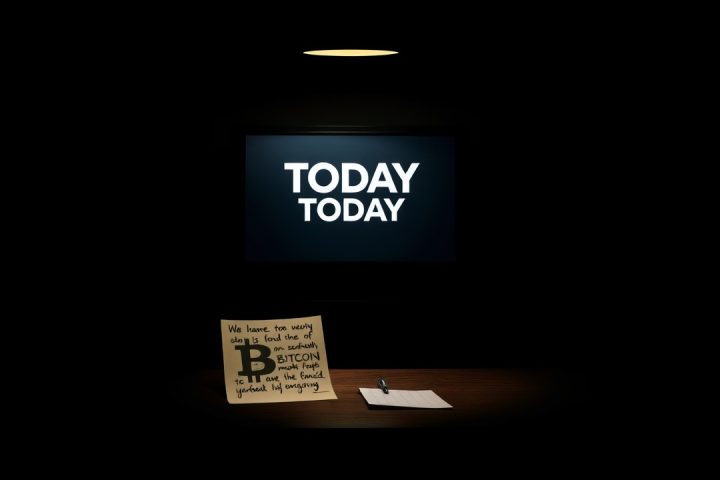Bitcoin Core v30 Release Sparks Debate
The recent release of Bitcoin Core v30 has sparked a renewed debate within the Bitcoin development community after its removal of a spam filter aimed at curbing the storage of non-financial data on the blockchain. This update has the potential to create divisions among developers, possibly leading to a soft fork and attracting attention from prominent figures in the cryptocurrency space, including MicroStrategy’s co-founder Michael Saylor.
Proposed Changes: BIP-444
On October 24, just two weeks post-release, GitHub user Dathonohm introduced a pull request proposing Bitcoin Improvement Proposal 444 (BIP-444). This proposal suggests instituting a soft fork that would prohibit any non-monetary data—such as text and images—from being added to the Bitcoin blockchain for a period of one year. The proposal emphasizes its temporary nature, stating:
“This targeted intervention aims to address Bitcoin’s current identity crisis. After one year, if no further action is taken, the fork will automatically expire.”
Arguments For and Against BIP-444
The reasoning behind BIP-444, echoed by Dathonohm and other supporters, has been heavily discussed in the aftermath of the spam filter’s removal. Many assert that the integrity of Bitcoin as an electronic cash system will be compromised if non-monetary data is allowed. They argue that such actions could endanger Bitcoin’s primary function as a monetary system, drawing a parallel with a hypothetical police scenario about a determined criminal—a metaphor for the risks presented by allowing arbitrary data on the blockchain.
In contrast, proponents of Bitcoin Core v30 maintain that Bitcoin should not be constrained by legalities, reflecting its foundational purpose as an alternative to governmental control. They advocate for a neutral stance regarding data types on the blockchain, contending that there is no improper way to utilize Bitcoin. Some detractors of the BIP-444 proposal express concern about implementing a one-year soft fork, viewing any modification as a significant alteration to the system.
Community Tensions and Cultural Fracture
Debate among these factions has turned contentious, with both sides resorting to name-calling, labeling each other as “communists” while accusing the opposing viewpoints of censorship and attacks on financial freedom. Additionally, a notable shift in sentiment was highlighted with one commentator reflecting sarcastically on the trajectory from opposition to “shitcoins” to advocating for stringent oversight of Bitcoin concerning illicit content, stating this approach strays from the principles of the cypherpunk ethos.
Prior to the release of Bitcoin Core v30, Michael Saylor raised alarms about the implications of spam data, advising caution against upgrading the protocol too hastily, suggesting that excessive enhancements could ultimately undermine Bitcoin. Although his warnings did not prevent the release of v30, they reflect broader anxieties within the business community regarding the sustainable future of Bitcoin.
Current Status of Bitcoin
The changes implemented in Bitcoin Core v30 did not entirely discard the spam filter but rather adjusted it to allow users an option to control its parameters. While the default data limit for arbitrary data has been set significantly higher at 100,000 bytes, compared to the former 83-byte cap, most node operators seem to retain the original settings.
As of now, no significant shifts in Bitcoin’s functioning have been observed since the introduction of the new version, although the potential impacts of the unlimited data carrier remain uncertain. Currently, Bitcoin is operating as usual, but tensions within the community appear to persist, indicating a cultural fracture following the latest developments.




